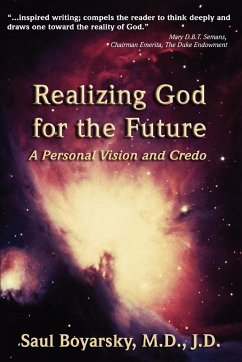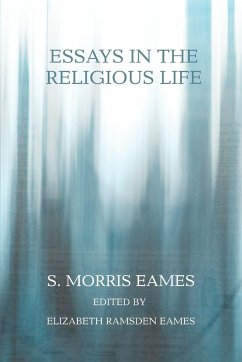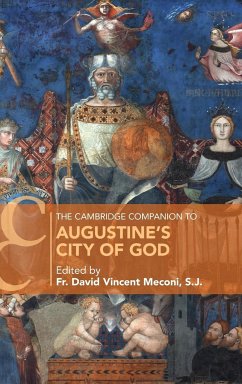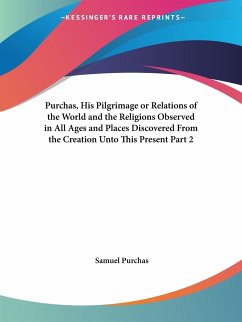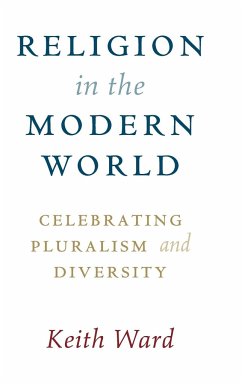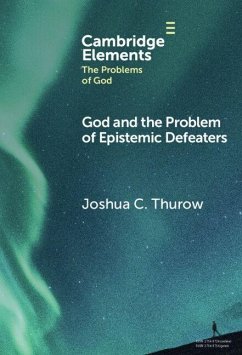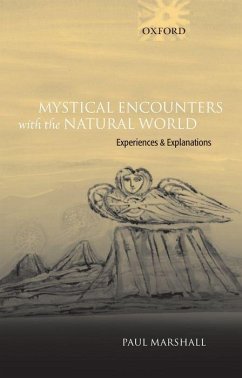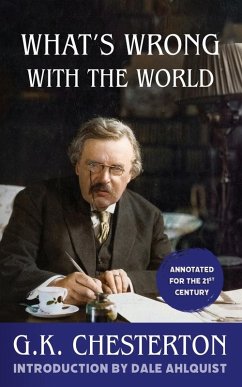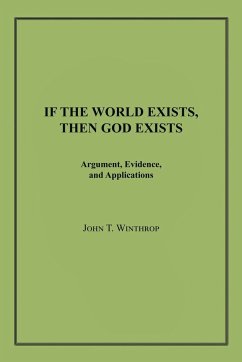
If the World Exists, Then God Exists
Argument, Evidence, and Applications
Versandkostenfrei!
Versandfertig in 1-2 Wochen
12,99 €
inkl. MwSt.

PAYBACK Punkte
6 °P sammeln!
If, as Kant claimed, we have failed to prove the existence of a material world external to ourselves, how can we possibly prove the existence of an immaterial God? In this brief exposition Dr. Winthrop links and solves both problems, starting with the meaning of existence itself. Arguing from systems theory, he shows that both God and the World are marked by a common testable signature of existence, X. Because X is corroborated empirically, it follows that the World exists independently of the mind. However, because the World is by nature material, it could not have imposed its immaterial sign...
If, as Kant claimed, we have failed to prove the existence of a material world external to ourselves, how can we possibly prove the existence of an immaterial God? In this brief exposition Dr. Winthrop links and solves both problems, starting with the meaning of existence itself. Arguing from systems theory, he shows that both God and the World are marked by a common testable signature of existence, X. Because X is corroborated empirically, it follows that the World exists independently of the mind. However, because the World is by nature material, it could not have imposed its immaterial signature X upon itself. Signature X must, therefore, have come from an immaterial, transcendent source, namely from God. This is the existential proof of God's existence. The ramifications discussed in the present volume are many, including the possibility of life and mind, and of natural moral law.



